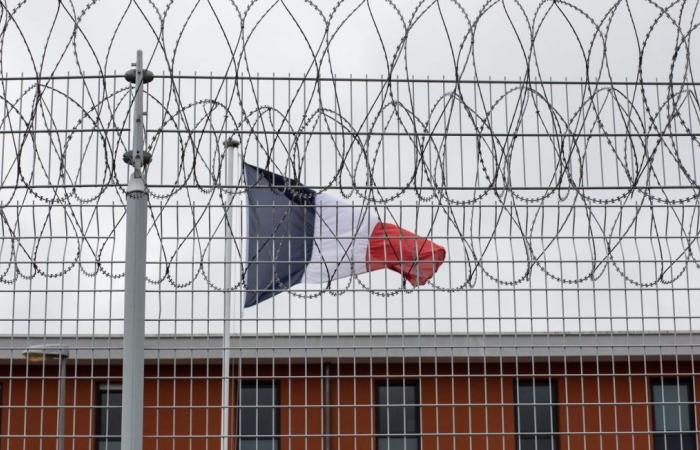
The debate resurfaces almost with every news item, stirred up by the right and the extreme right: France is not sufficiently expelling its foreigners under obligation to leave the territory (OQTF). A new figure would, according to them, confirm this anathema, since France enforces 7% of its OQTFs each year, compared to 30% on average in the EU. But the problem is, as is often the case, more complex than a simple statistic taken out of context.
“We have a low execution rate because of the automatic nature of the measures taken,” immediately responds Tania Racho, researcher in European law and member of Desinfox-migrations. France thus issues between 120,000 and 140,000 removal measures each year, a figure that has been increasing for several years, compared to less than 40,000 for Germany. “As soon as a person is in an irregular situation at a given moment, they are under the threat of an OQTF during an inspection,” regrets lawyer Camille Escuillié, specializing in the law of foreigners and the right to asylum.
OQTFs too systematic?
“We say too many OQTFs,” she believes, criticizing a “desire to make figures” linked to “a political discourse” which veers (very) to the right on the migration issue. And too bad if OQTFs are issued which have no chance of being applied, to the detriment of migrants who are sometimes “perfectly integrated”. “Some have their whole life, their family in France,” says the lawyer, who defends clients who were sometimes waiting for the simple renewal of their residence permit.
Several factors explain the low rate of application of OQTFs. Some fall into disuse with regularization or are overturned by the administrative court judge “in 12 to 20% of cases”, estimates Tania Racho. She takes the example of a Ukrainian woman who would be subject to an OQTF, but who would be exposed to war if she returned. “Since the reform of the right to asylum, an OQTF is notified within fifteen days if the application is rejected,” points out Camille Escuillié.
The consular pass, a “diplomatic tool”
In other cases, “return is impossible to organize”, explains Tania Racho, due to lack of flights, or even infrastructure and stability on site, as was the case in Afghanistan. Not to mention the “poorly written” OQTFs by overwhelmed staff. “There is a lack of resources, we cannot put everyone in an administrative detention center, and organizing a return is expensive,” argues lawyer Camille Escuillié. In fact, there are around twenty centers in France for around 1,500 places.
It should also be noted that voluntary returns are still not included in the calculation of “executed” OQTFs, particularly when migrants leave by crossing land borders. Finally, “it is with forced departures that the problem of the consular pass arises,” explains Tania Racho. When the person in an irregular situation has papers from their country of origin, organizing the return is simpler. But otherwise, you have to negotiate with the country where you send her back. Which becomes “a diplomatic tool, especially for the former colonies of France, in order to obtain more visas in exchange,” adds Camille Escuillié.
The fact remains that in the end, despite a lower rate, France deports at least as much, if not more, than Germany. “15,000 evictions per year is not nothing,” notes Tania Racho. But how can you be more efficient? First, by stopping doing OQTFs all the time. “We should concentrate on cases of threats to public order”, indicate in one voice the two experts interviewed by 20 Minutes. According to CheckNews, of the 129,681 OQTF pronounced in 2022, only 9,837 were based on this reason. Another idea put forward by Tania Racho is to concentrate “on return assistance, which would be more effective” and would have the merit of making the removal less “brutal” than the handcuffed escort on a commercial flight.





